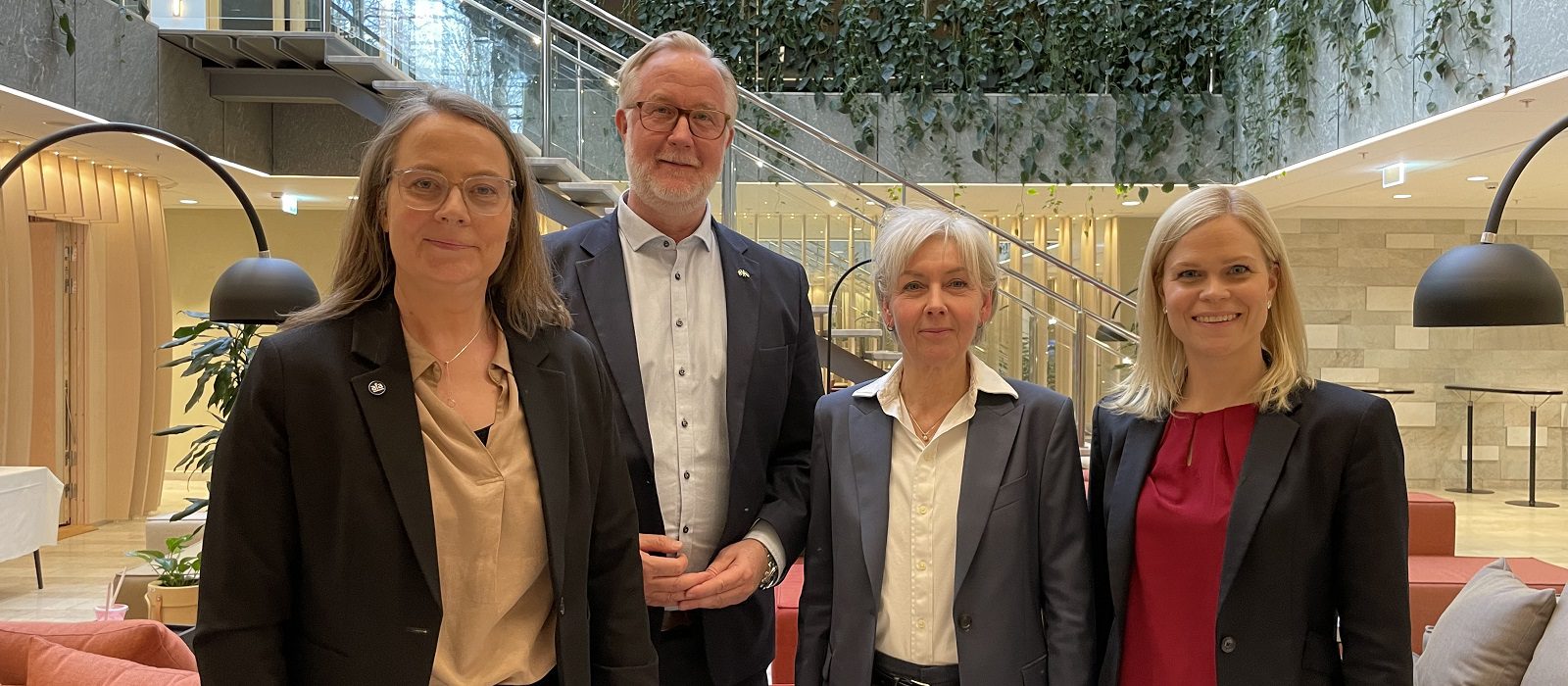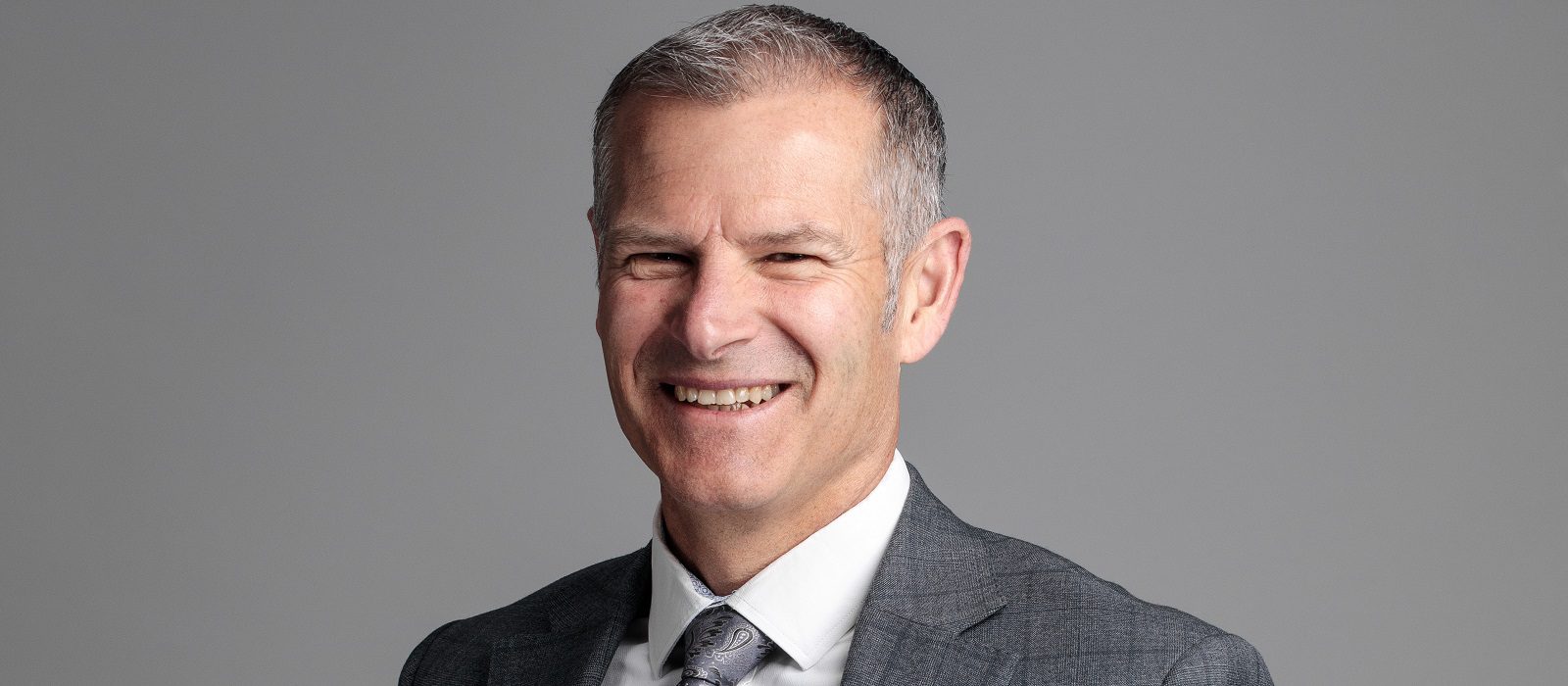According to recent research, funded by Swedish ICMIF member Afa Försäkring, young managers are motivated in their leadership role and have great drive, but many have a worse experience of the workplace than older colleagues and also rate their mental health lower. The research has been carried out at Umeå University and Karolinska Institutet and has resulted in a new guide with concrete tips to help organisations make the most of their young managers.
“Previous research on young people in the labour market is relatively limited and there is a lack of qualitative studies. Statistics from our injury database show that mental illness and long-term sick leave have increased in recent years, from relatively low levels, in the younger age group. By supporting research that is of practical use, we can help to prevent occupational injuries and ill health in working life,” says Ulrika Hektor, Head of Afa Försäkring’s Research and Development Department.
This is why Afa Försäkring has invested SEK 40 million in the R&D programme Young People in Working Life. The programme has been running for four years and includes eight projects that will result in concrete measures to help young people get a good, healthy start to their working lives. Two of the projects have now produced a joint guide based on the conditions and needs of young managers.
Stress, high demands and low influence – how young managers perceive their leadership role
“Different age groups experience work environment, mental health and stress differently. Managers over the age of 35 rate their work environment and mental health as better than younger managers do, with those under the age of 29 rating the lowest. They perceive their managerial role to be less clear, they feel they have less control and influence and that they have high demands but little influence,” says Christina Björklund, Researcher at Karolinska Institutet.
The research found that managers up to the age of 29 are more likely to report being exhausted and depressed and have a lower level of recovery than their older colleagues. They perceive the managerial role as more emotionally demanding and unclear compared to older managers. Organisational support is also perceived to be lower.
“Many describe having their own very high expectations to live up to, that in principle you should be fully trained in the managerial role before you even have the chance to learn. This means that young managers generally work very hard in their endeavour to prove themselves capable in a ‘senior role’, even though they are still young,” says Susanne Tafvelin, Researcher at Umeå University.
“But despite the fact that the role of manager is associated with challenges for young managers, there is great drive, commitment and development potential in this group. The willingness to learn is great,” Tafvelin concludes.
More knowledge and concrete strategies to provide support
The aim of the new guide is to develop knowledge and provide concrete strategies on how organisations can create good conditions for young managers. The researchers have mapped the interaction between young managers’ work environment, health and leadership and how young managers relate to the managerial role and their managerial identity. They have also examined young managers from an individual and organisational perspective and looked at gender aspects.
Some concrete tips from the new guide
Here are some of the tips developed by the researchers for organisations that want to support young managers:
- Expand induction programmes to facilitate entry into management.
- Clarify the managerial role in terms of responsibilities, mandates and expectations.
- Create support systems such as mentoring, internal support functions, proximity to the immediate manager/HR.
- Create a safe organisational culture – dare to try, learn, fail, ask for help, develop.
- Provide continuous and constructive feedback to less experienced managers.
- Offer paths to recovery and strategies to address the strain many experience.
The R&D projects were conducted during 2018-2023 at Umeå University and Karolinska Institutet and were funded by Afa Försäkring.
Afa Försäkring’s Young People in Working Life research and development programme has been running for four years and will end in 2023. Speaking about this programme, Susanna Stymne Airey, Senior Vice President Preventive Measures said: “Previous research on young people in the labour market is relatively limited and there is a lack of qualitative studies. Statistics from our claims database show that mental illness and long sick leave have increased in recent years in the younger age group.”
Afa Försäkring says it hopes that the programme will result in concrete measures that contribute to young people having a good and healthy start to working life.
The mutual conducts preventive work to improve the work environment and health at the workplace. Afa Försäkring’s unique claims database provides valuable information which is used in analyses and reports. It also offers an information system to support systematic work environment management.
In addition to its preventive work, Afa Försäkring is one of Sweden’s leading financiers of research in the field of work environment. The results of the research carried out are translated into practical use in the workplace.






